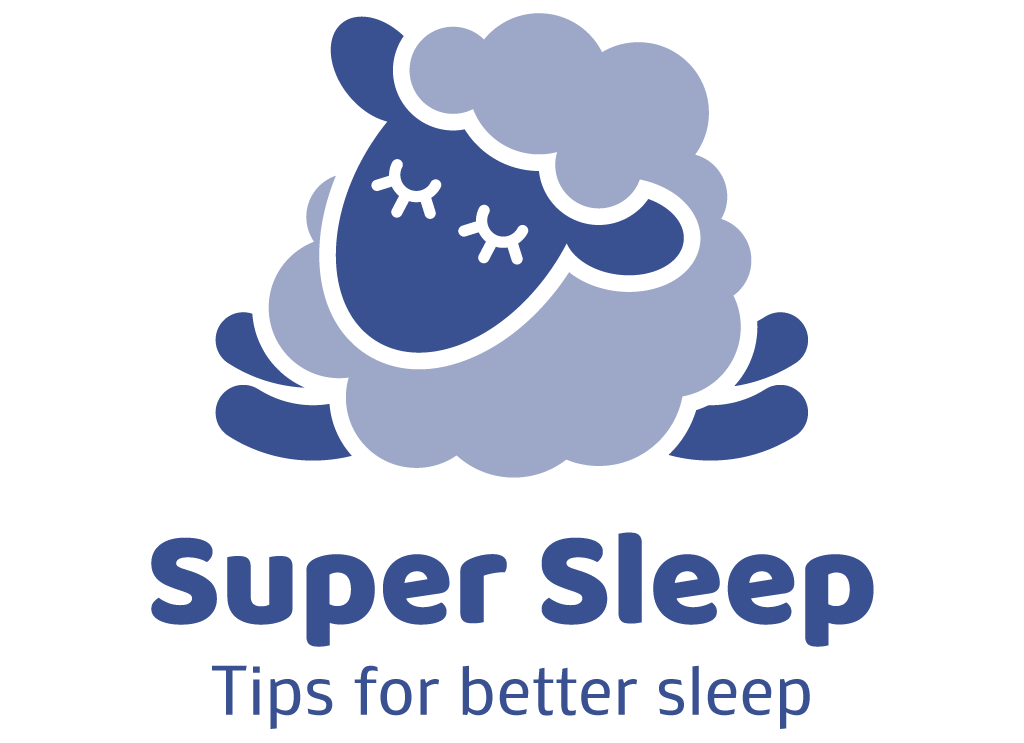Sleep is a fundamental need, just like eating or breathing. It plays a vital role in physical recovery, but its impact goes far beyond that: it is also essential for our mental health. Yet, in our modern society, many people sacrifice sleep to cope with work, family, or social obligations. This lack of sleep can have profound consequences on mental health, influencing mood, cognition, and stress management. In this article, we’ll explore why sleep is crucial for maintaining good mental health and how sleep disorders can disrupt psychological balance.
1. The Link Between Sleep and Mental Health
There is an intrinsic connection between sleep and mental health. While we sleep, our brain performs a multitude of essential tasks, including organizing information, processing emotions, and regulating mood. Good sleep helps strengthen mental resilience, while lack of sleep can make the brain more vulnerable to mood disorders and depression.
People who regularly sleep less than 6 to 7 hours a night are at a higher risk of developing mental health disorders, such as anxiety, depression, and irritability. Sleep deprivation can also exacerbate symptoms of existing conditions, making them harder to manage.
2. The Effects of Sleep Deprivation on Mood
Sleep plays a key role in regulating mood. After a poor night’s sleep, it’s common to feel irritable, frustrated, and emotionally unstable. This is because sleep deprivation affects the amygdala, a region of the brain responsible for managing emotions. When we don’t get enough sleep, the amygdala becomes hyperactive, making it harder to control emotions.
Long-term impact:
Chronic sleep deprivation can lead to mood disorders, such as depression and anxiety. Studies show that people with insomnia are 10 times more likely to develop clinical depression. Sleep deprivation can also amplify the symptoms of people with anxiety disorders, making intrusive thoughts and panic attacks more frequent.
3. Sleep and Stress Management
Stress is a natural response to the challenges of everyday life, but a lack of sleep makes stress management much more difficult. Sleep is crucial for reducing levels of cortisol, the stress hormone. A restful night allows the brain to process emotions experienced during the day and adopt a clearer, more balanced perspective on stressful events.
Tip:
Good sleep hygiene, which includes a regular bedtime routine, can help improve stress management. Techniques like meditation or breathing exercises before bed can also promote better sleep and help alleviate stress.
4. Improvement of Cognitive Functions Through Sleep
Sleep is not just about resting the body; it also has a direct impact on our cognitive functions, such as attention, memory, and problem-solving ability. During sleep, the brain processes and organizes the information acquired during the day. The deep sleep and REM sleep stages are crucial for memory consolidation and decision-making.
Consequences of sleep deprivation on cognitive functions:
Lack of sleep significantly reduces the ability to concentrate and negatively affects memory. People who sleep poorly have more difficulty focusing on complex tasks, learning new things, and making informed decisions. This cognitive deficit can lead to mistakes, confusion, and frequent forgetfulness, which adds to stress and impairs productivity.
5. Sleep and Managing Mental Disorders
For people living with mental health disorders, such as depression, bipolar disorder, or anxiety disorders, sleep plays an even more fundamental role. Poor sleep quality can worsen the symptoms of these illnesses and make managing them more difficult.
- Depression: Depression and insomnia are often interdependent. Lack of sleep can trigger or worsen depression, while depression can make sleep even more difficult.
- Bipolar disorder: People with bipolar disorder may be particularly sensitive to sleep variations. Episodes of mania or depression are often triggered by sleep disruptions.
- Anxiety: Anxiety disorders can make falling asleep difficult or cause frequent nighttime awakenings. Poor sleep quality, in turn, worsens anxiety, creating a vicious cycle.
In these cases, it is essential to adopt strategies to improve sleep and stabilize mood. Working with a healthcare professional to manage both sleep and mental illness can be beneficial in restoring mental balance.
6. Improving Sleep Quality to Protect Mental Health
Fortunately, steps can be taken to improve sleep quality and, in turn, protect mental health. Here are some practical strategies for better sleep:
- Adopt a regular sleep routine: Try to go to bed and wake up at the same time every day, even on weekends. This helps regulate your internal clock and makes falling asleep easier.
- Create a sleep-friendly environment: Make sure your bedroom is quiet, dark, and at a comfortable temperature (around 18°C/65°F). Avoid distractions such as phone or TV screens before bed.
- Limit stimulants: Reduce your intake of caffeine and nicotine, especially in the afternoon, as these substances can delay sleep onset.
- Practice relaxation: Techniques like mindfulness meditation, deep breathing, or gentle yoga can help calm the mind before bed, promoting deeper, more restorative sleep.
- Avoid long naps: If you feel the need to nap, limit it to 20 minutes and avoid sleeping in the late afternoon to avoid disrupting your nighttime sleep.
Conclusion: Sleep, a Key to Mental Health
Sleep is a central element in maintaining good mental health. By helping regulate emotions, reduce stress, and improve cognitive abilities, it acts as a protective factor against mental disorders. Taking care of your sleep is, therefore, also taking care of your psychological well-being. By adopting habits that promote quality sleep, you can not only improve your mood and performance but also strengthen your resilience to life’s emotional and mental challenges.

